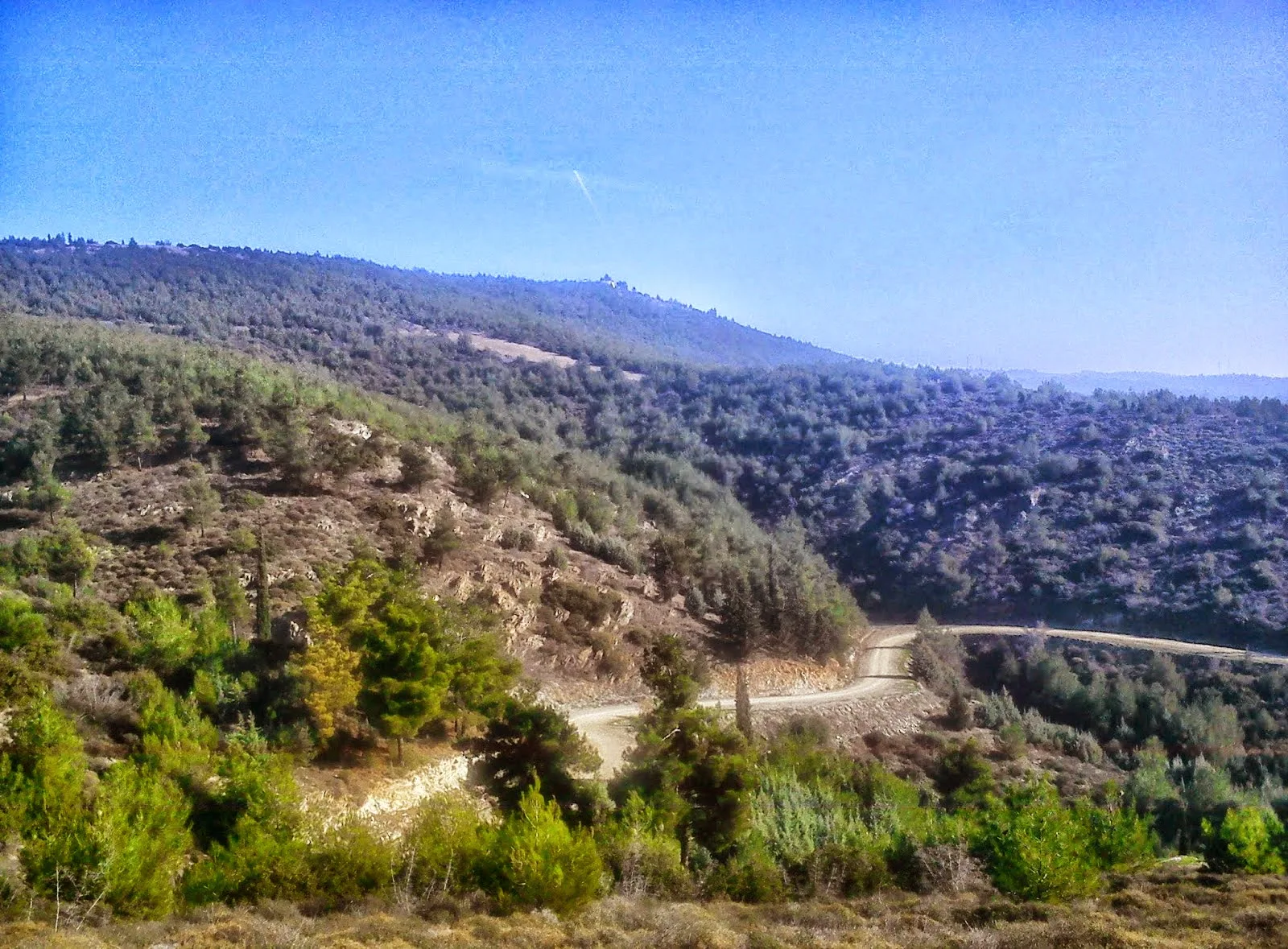Fragments of the European final cargo supply spaceship of the ATV series, Georges Lemaitre, that undocked from the International Space Station (ISS) on Saturday have sunk in the Pacific, a spokesman for the European Space Agency told TASS on Sunday.
"The spaceship’s elements sunk in an unnavigable section of the Pacific," the spokesman said, adding that the ship had been docked to the ISS since August 2014.
The European unmanned cargo resupply spacecraft Georges Lemaitre is the final cargo supply spaceship of the ATV /Automated Transfer Vehicle/ series. The first one, the Jules Verne, was launched to the ISS in 2008. Along with Russia’s Progress spacecraft, ATV-type spaceships were capable of docking to the ISS in an automated mode. Other spacecraft are docked with the help of automated manipulator.
The European Space Agency has spent about 2.5 billion euro to fiance the ATV spacecraft project, which gave jobs to 3,000 people and about 300 companies and research institutions, including Russian. Each spaceship cost some 450 million euro.
The European Space Agency however plans to use ATV project technologies in other projects. Thus, they will be used at NASA’s manned Orion spaceship due to be blasted off in 2017. Europeans will supply engine units, electric power, water and air supply systems.
It is not ruled out that the European Space Agency will use ATV technologies to build an automated space garbage collector.
http://tass.ru/en/non-political/777761
15/2/15
--
-
Related:
"The spaceship’s elements sunk in an unnavigable section of the Pacific," the spokesman said, adding that the ship had been docked to the ISS since August 2014.
The European unmanned cargo resupply spacecraft Georges Lemaitre is the final cargo supply spaceship of the ATV /Automated Transfer Vehicle/ series. The first one, the Jules Verne, was launched to the ISS in 2008. Along with Russia’s Progress spacecraft, ATV-type spaceships were capable of docking to the ISS in an automated mode. Other spacecraft are docked with the help of automated manipulator.
The European Space Agency has spent about 2.5 billion euro to fiance the ATV spacecraft project, which gave jobs to 3,000 people and about 300 companies and research institutions, including Russian. Each spaceship cost some 450 million euro.
The European Space Agency however plans to use ATV project technologies in other projects. Thus, they will be used at NASA’s manned Orion spaceship due to be blasted off in 2017. Europeans will supply engine units, electric power, water and air supply systems.
It is not ruled out that the European Space Agency will use ATV technologies to build an automated space garbage collector.
- From now on, Russian-made Progress cargo supply spacecraft and spaceships of U.S. private companies - SpaceX’s Dragon and Orbital Sciences’ Cygnus - will be used to deliver cargos to the International Space Station.
http://tass.ru/en/non-political/777761
15/2/15
--
-
Related:

















 GR
GR FR
FR DE
DE ES
ES IT
IT RU
RU EU
EU